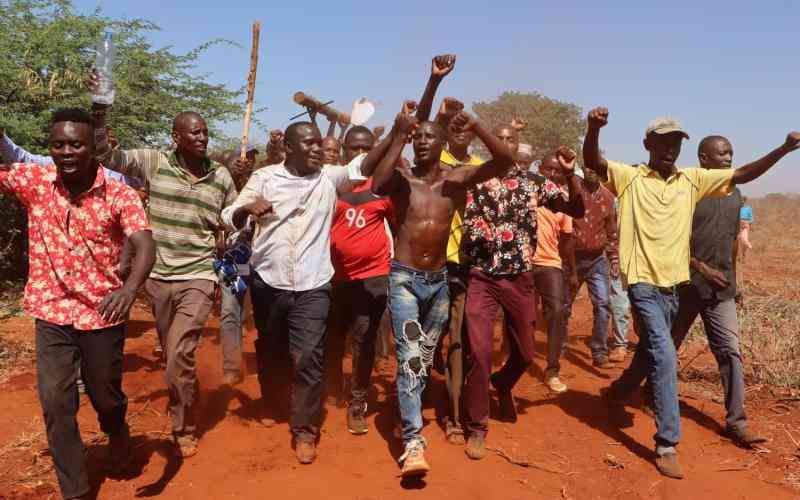×
The Standard e-Paper
Kenya’s Boldest Voice

For decades, land ownership in Kenya has been marred with historical conflicts, often leading to legal battles that break families and even result in loss of life.
However, the implementation of the Alternative Justice System (AJS) is believed to have offered a glimmer of hope, providing a platform for peaceful dialogue and dispute resolution. In patriarchal societies such as the Maasai, AJS has proved effective in solving land disputes.